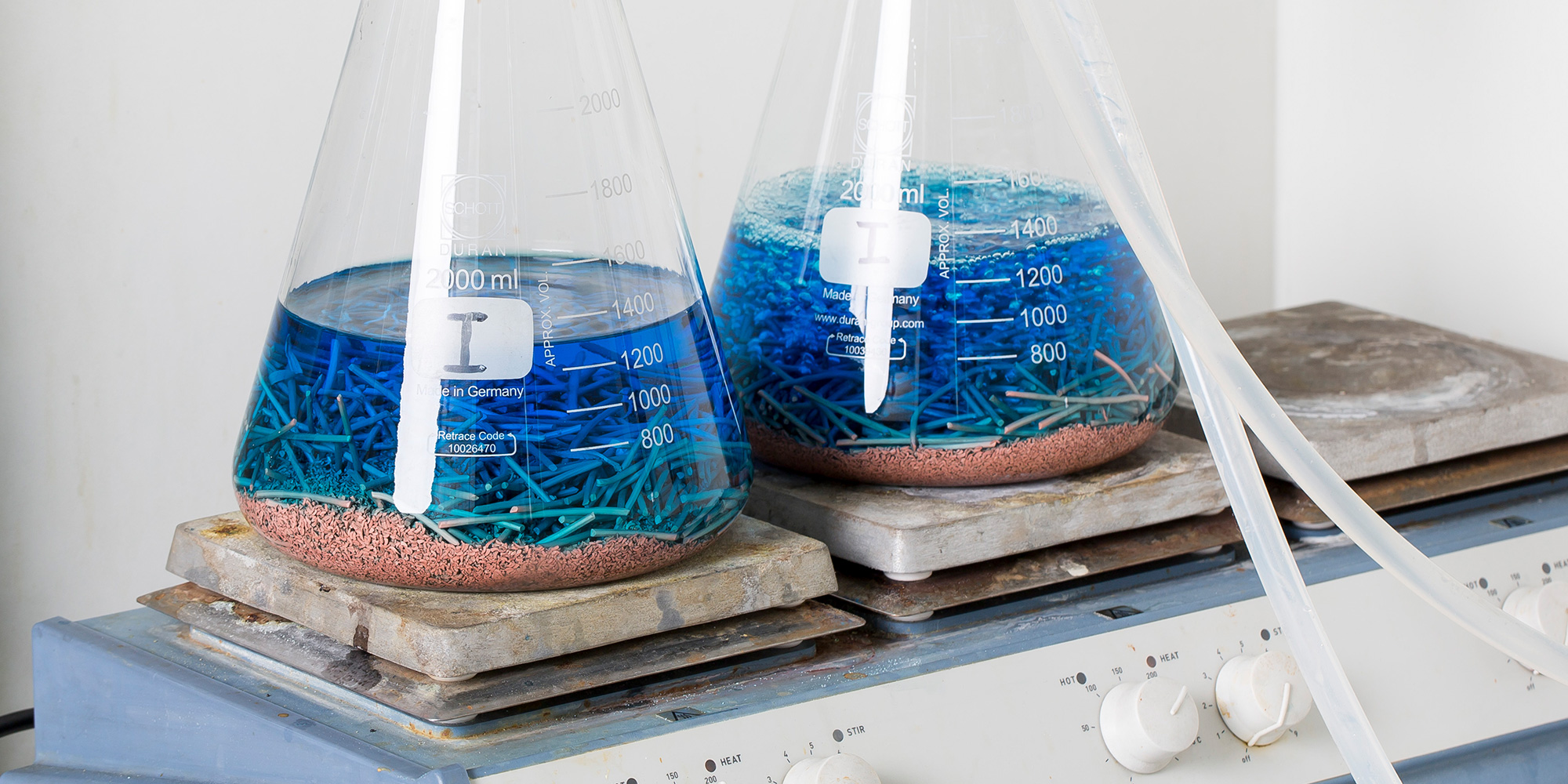Marine Environment Corrosion Testing
The marine environment presents a unique set of challenges to materials and structures used in oil and gas operations. Saltwater, humidity, temperature fluctuations, and microbial activity can accelerate corrosion processes beyond those found in terrestrial environments. Properly understanding these conditions is critical for ensuring the integrity and longevity of equipment, pipelines, and structures operating in this harsh setting.
Corrosion testing in a marine environment requires specialized techniques to accurately simulate real-world conditions. This involves creating controlled test environments that mimic exposure to saltwater, humidity, temperature fluctuations, and other factors present in maritime settings. The goal is not only to identify potential corrosion risks but also to understand the mechanisms involved so that mitigation strategies can be developed.
At Eurolab, our team of experts uses advanced testing methodologies such as accelerated aging tests, electrochemical measurements (like potentiostatic methods), and immersion tests in saltwater solutions. These techniques allow us to simulate various marine environments and assess material resistance against corrosion over extended periods under controlled conditions. By doing so, we can provide valuable insights into the performance of materials used in offshore oil and gas operations.
Understanding how different factors contribute to corrosion is essential for optimizing material selection and design. For instance, understanding the role of chloride ions in accelerating pitting corrosion helps inform decisions about coating types or alloy compositions that might be more resistant to such attacks. Similarly, knowing which temperature ranges promote galvanic corrosion can guide placement strategies for dissimilar metals within an installation.
Our approach goes beyond simply identifying issues; it focuses on providing actionable recommendations based on comprehensive analysis results. Whether you're looking to improve existing designs or develop new materials tailored specifically for use in marine environments, Eurolab offers a full suite of services aimed at addressing your needs effectively and efficiently.
- Accurate Simulation: Our testing facilities replicate the exact conditions found in offshore installations, ensuring that the results are directly applicable to real-world scenarios.
- Comprehensive Analysis: By combining multiple testing methods, we ensure thorough evaluation of materials' performance under diverse environmental stresses.
- Actionable Recommendations: Based on our findings, we provide tailored solutions designed specifically for your project requirements.
In summary, marine environment corrosion testing is crucial for maintaining operational efficiency and safety in oil and gas industries operating offshore. Through rigorous testing protocols and experienced personnel, Eurolab ensures that you receive reliable data supporting informed decision-making processes regarding material selection and structural integrity assessment.
Why It Matters
The importance of marine environment corrosion testing cannot be overstated given the critical role played by oil and gas infrastructure in global energy supply chains. Offshore platforms, pipelines, and other structures exposed to saltwater are particularly susceptible to accelerated corrosion rates compared to those found on land due to higher concentrations of chloride ions and extended periods submerged in seawater.
Failure of these assets not only leads to costly repairs but also poses significant risks to personnel safety and environmental sustainability. Regular monitoring through robust testing ensures early detection of potential problems, allowing for proactive intervention measures that prevent catastrophic failures. Additionally, compliance with international standards such as ISO 12944:2017 'Coatings and linings – Protection in harsh environments' helps maintain industry best practices while safeguarding against legal liabilities associated with non-compliance.
Moreover, understanding the specificities of marine corrosion allows for more efficient resource allocation during project planning stages. For example, selecting appropriate coatings or alloys early on based on expected exposure conditions can lead to substantial cost savings throughout a facility's lifecycle. Furthermore, knowing which areas are most prone to corrosion helps prioritize maintenance activities ensuring that resources are directed towards high-risk zones first.
By investing in marine environment corrosion testing, organizations demonstrate their commitment to sustainability and safety, contributing positively to both operational efficiency and long-term asset management strategies.
At Eurolab, we pride ourselves on offering unparalleled expertise and advanced capabilities when it comes to marine environment corrosion testing. Our state-of-the-art facilities are equipped with the latest technology enabling us to conduct precise and reliable tests that accurately reflect real-world conditions faced by your materials and structures.
Expertise: With a team of highly skilled engineers specializing in corrosion science, Eurolab brings years of experience directly into our testing processes. Our personnel stay updated with the latest research findings ensuring that we incorporate cutting-edge methodologies into every project.
Precision: Using sophisticated equipment such as potentiostats and exposure tanks designed specifically for marine environments allows us to achieve highly accurate results. This precision is vital when making decisions about material performance under extreme conditions.
Comprehensive Coverage: From initial sample preparation through final analysis, Eurolab ensures that all aspects of the testing process are covered comprehensively. Our multidisciplinary approach guarantees thorough examination and interpretation of data collected during each phase.
Customer Focus: Understanding your unique needs is paramount at Eurolab. That's why we work closely with you throughout every step of the testing process, ensuring that our services align perfectly with your objectives.





